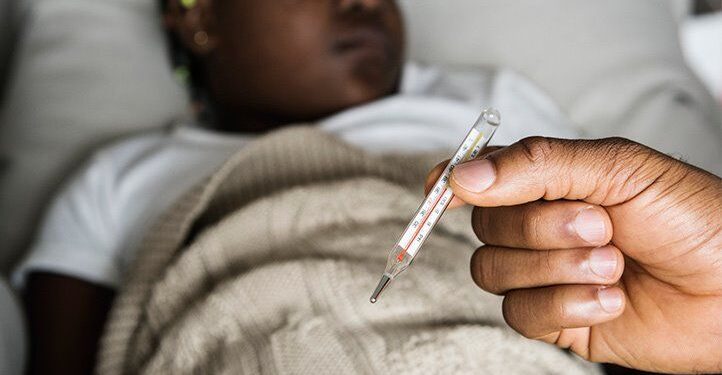By Ebi Kesiena
The World Health Organization (WHO) has sounded the alarm over a worsening malaria epidemic in Ethiopia, with the country recording an unprecedented 8.4 million cases since the beginning of the year.
According to the latest Ethiopia Health Cluster Bulletin by WHO, malaria has reached epidemic proportions, with an average of more than 300,000 cases reported weekly across the nation.
This year’s figures represent the highest-ever number of malaria cases recorded in Ethiopia within a single year. The report highlights that “almost every district” in the country has reported malaria cases, with many surpassing the epidemic threshold.
Malaria remains endemic in Ethiopia, particularly in areas below 2,000 metres in altitude, which account for three-quarters of the country’s landmass. Approximately 69% of the population resides in these high-risk areas.
The disease typically surges during two peak seasons: from September to December following the primary rainy season and from April to May after the secondary rains.
Médecins Sans Frontières (MSF) has also raised concerns, emphasising the urgent need for a focused and immediate response to curb the escalating malaria epidemic in Ethiopia.


































